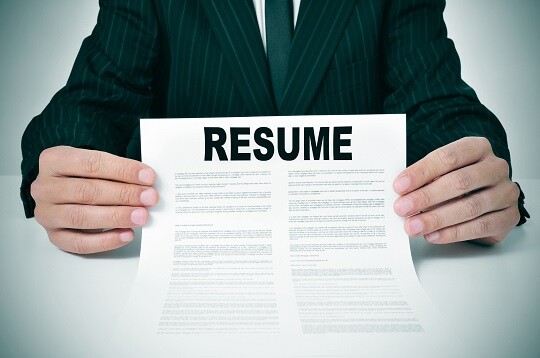5 most common resume mistakes
September 19, 2014 2:59 PM





Jasmine Blocker uses her own experiences to reduce the stigma and speak out about seeking support.
With only 29% of employees feeling hopeful about their financial future, benefit managers play a key role in supporting retirement readiness.
HSAnswers provides users with personalized answers to their healthcare needs.
For businesses seeking to maximize the return on their human capital investments, a critical, overlooked opportunity is hiding in plain sight.

Employees now have access to pre-paid tuition benefits that help them obtain associate's, bachelor's or master's degrees easily and affordably.
A two-phased strategy can help create cost-effective, employee-focused health plans while addressing unnecessary claims costs.
